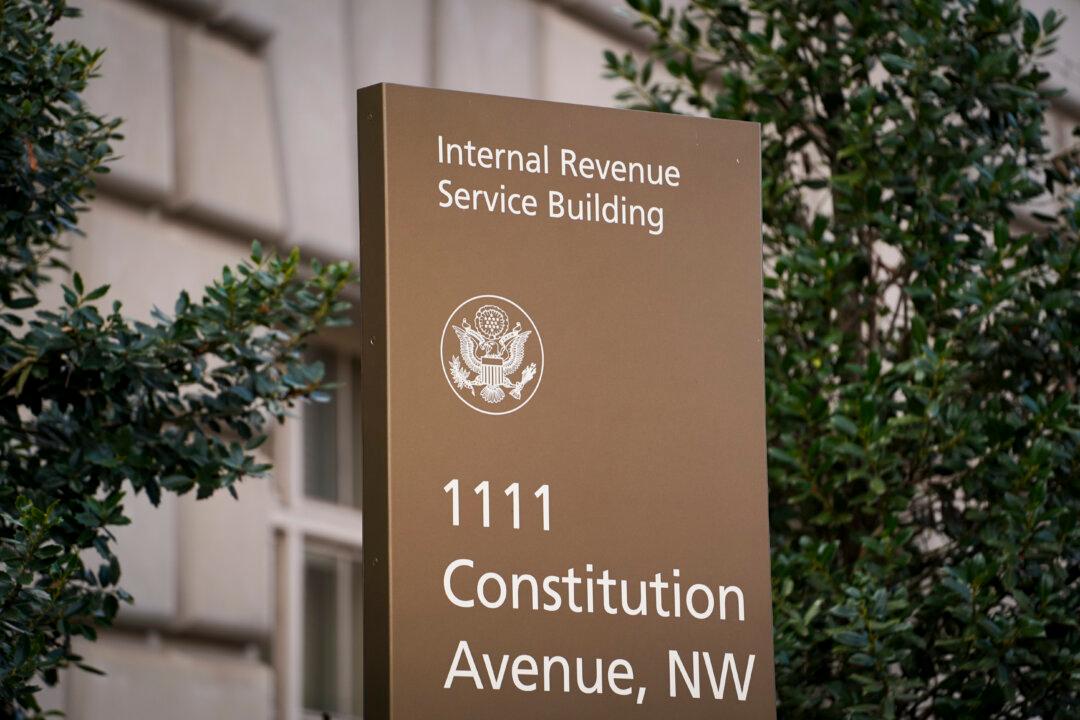The U.S. Internal Revenue Service (IRS) recommended taxpayers seeking to extend their tax-filing deadline to do so via the agency’s Free File service while warning that 2023 taxes must be paid off by the due date.
The deadline for filing 2023 taxes this tax season is April 15. Taxpayers can request a six-month delay to file, extending the deadline to Oct. 15. The IRS Free File program provides a “quick, easy way to file an extension,” the agency said in a press on March 21. “All individual filers can use the program software to request an extension … regardless of income. Taxpayers must estimate their tax liability and file by the deadline to receive the extension.”





